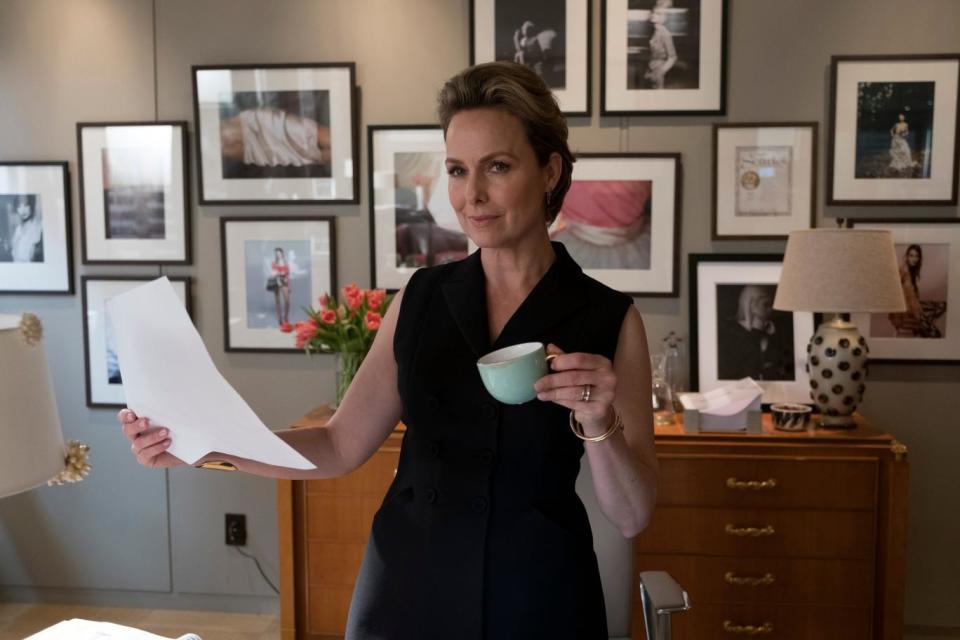Those long summers of learning and visiting the library have been shelved

Growing up, the start of the summer holidays meant the first of hundreds of visits to the local library, cycling there and back over the six weeks with the biggest pile of books I was allowed.
I’m not looking back with rose-tinted lenses: the reason my glasses’ lenses are as chunky as they are is probably due to the endless torch-lit nights spent reading those books.
Back then, the library was the best kind of all-you-can-eat buffet, when dipping into the first chapter of Nineteen Eighty-Four gave me the appetite for a whole summer’s dark reading on politics, when Lolita was checked out squashed between Sweet Valley High and Shakespeare.
My library was full of kids, all of us unknowingly learning and discovering, as Alan Bennett told me in my borrowed copy of The History Boys, that reading a book you cannot be lonely: “It is as if a hand has come out and taken yours.”
But now those hands are being snatched away. Councils are shutting libraries all over London; many of the survivors are husks serving up cheap bonkbusters; the once-great halls of literature are stripped down to the basics, so there’s little protest over their future.
My local library was decimated when Barnet council spent £14 million sacking most of its librarians, replacing them with a pin-entry system that prevented under-18s from being at the newly staffless libraries without a parent.
The usual revising students were locked out this summer, and the number of kids across Barnet taking part in the Summer Reading Challenge has fallen from more than 4,000 to 1,500.
Many of the kids who’d be at the library if they could are protesting outside new Culture Secretary Jeremy Wright’s office this afternoon. Let’s hope Wright sees sense: open minds need open libraries. And in the current political quagmire we really need open minds.
Quick-cook pasta has saved my life
A public service announcement for other parents of young children: I bring you huge news about pasta. While other journalists in this slot report on the capital’s latest gallery shows and newest restaurants, a discovery in aisle seven of Tesco this week changed my life.
Quick-cook fusilli, 56p; packet to table in four minutes. Four. I have a toddler and a baby; I boil up pasta about 97 times a week. It’s the start of the summer holidays: think of what parents will be able to do with these saved pasta-cooking hours. Life-saving inventions. Or covertly surfing Instagram. Either way, you’re welcome.
It’s good to see a less bold type of editor
I can’t get enough of The Bold Type , a Prime series that focuses on twentysomethings Jane, Kat and Sutton, who work at fashion magazine Scarlet. Since the show is drip-fed not dumped, with Amazon releasing an episode a week, it leaves you wanting more. The characters drink, they screw up, they tackle #MeToo and gun laws. Their wardrobes wouldn’t be funded by the average journalist’s salary but that’s forgivable in this modern The Devil Wears Prada .

The Bold Type was inspired by the career of former US Cosmopolitan editor Joanna Coles, who is also executive producer. It’s no surprise, that her character Jacqueline, played by Melora Hardin, is a kind mentor who gets the best out of her staff.
Neither Coles nor Jacqueline are the talking point that Meryl Streep’s woman-vulture Miranda Priestly — said to be based on Vogue’s Anna Wintour — became. It might be easier to talk about a back-stabber but it’s refreshing to watch a show about female loyalty.
Use the vanishing pubs or lose them
A tweet peppers my timeline: it laments the fact that three pubs shut down every day, wants beer tax slashed and screams the slogan #longlivethelocal. Almost 10,000 people have shared it so far.
It’s easy to click but far harder to get off the sofa and pay five times more for a pint than a can at the shops. VAT, business rates and duty are nudging pubs towards extinction — but if tweeters visited the locals they claim to love rather than doing the social media equivalent of raising a glass, said institutions would stay open. Retweets don’t pay the brewery bills but pints do.

 Yahoo News
Yahoo News 
